
Food is our body’s fuel and it’s absolutely necessary for each of us to thrive. It gives our bodies the nourishment it needs to push through our days, do our jobs, take care of our kids and so much more.
But, with our modern society and social media personalities touting their diet as the best and only way to go can take a toll and make our relationship with food more challenging. Having a food relationship with food is not just about what you put on your plate, but your mindset around those foods and what you’re eating.
There are so many positive and negative associations with food—“carbs are evil”, “oils and sugars are the worst”, “meat is not good”, “good fats vs. bad fats”! The list goes on and on, and all this input makes it more challenging to figure out what’s right for our own bodies.
Our Relationship with Food
The truth is that we’re all so individual and that we all need different things, and healthy eating doesn’t have to be that complicated. I know people who thrive on a vegan diet, and others that felt more sick and tired when they cut out meat all together. My point is that it’s not a one-size fits all, and figuring out what works for you and getting okay with it mentally is so important for your long-term physical and mental health.
This past year, I’ve found myself in a really good spot with my own relationship to food. Admittedly, I’ve never struggled with an eating disorder or weight issues, but I’ve had lots of gut issues that made me scared to eat certain foods. It was restrictive and unhealthy, and was not a good long-term answer. Now, I eat mostly plant-based because my gut and body thrive on it, but if I go to a restaurant or someone serves somethings that’s not 100% what I would eat at home, I don’t worry about it. I let myself enjoy those things, knowing it won’t wreck my goals for good gut health and feeling good.
So, I wanted to dedicate a whole post to developing a healthy relationship with food, so that you too can let go of what you “think” you should be doing and focus on what feels right for YOU so that you can enjoy foods that are not only good for your body, but also leaves you feeling satisfied and full! So much of eating foods is mindset, and changing the way you view food is key to living a stress-free, healthy lifestyle.
How to Develop A Better Relationship with Food
Start a Food Journal to Have a Better Relationship with Food
This is a temporary step! Keep a food journal for about 4-7 days and write down when and what you drink, how it makes you feel—mentally (happy, motivated, guilty, etc) and physically(energetic, lethargic, bloated, etc.)!
I think this practice can make someone obsessive which is why I only recommend doing it for a few days. Paying attention what you’re eating, when and why you’re snacking, and how you feel after you eat certain things can be really helpful in changing your relationship with food.
While doing this step, don’t judge yourself or try to make changes, just notice and become aware of your eating habits and feelings surrounding food.
Re-Train Your Thoughts About Food
Mindset is truly everything! And, a healthy mindset around eating and food is also so important. I like the mindset that “food is my fuel” and without it I can’t function my best or feel my best. When I think of my meals and snacks through this lens, it really changes how I think about what I’m eating.
From your food journal, you’ll know which foods make you feel less than great—physically and mentally. Think of it like fuel in a tank—the best fuel makes your car perform its best, your body is the same. Forget the idea of good and bad foods, and instead focus on which foods make you feel good.
With this mindset in place, it makes it easier to choose healthier options, because junk food most likely isn’t going to make you feel physically or mentally your best; and it’s easier to not get worked up when you do have a treat or eat something isn’t your norm.
Eat Breakfast
For me, breakfast is KEY! It’s the one thing that really kicks off my metabolism and sets me up for a good day. I always focus on eating a fiber-rich meal—this gut-healing smoothie is my go-to—at this time of the day. It keeps me full and satisfied for a long time, and it makes it easier for me to continue making choices that make me feel good all day. Even though it’s mostly plant-based, it still has plenty of protein, fats, and fiber to keep me full.
Give Yourself Permission to Enjoy What You Eat
Food and eating should be a good experience! From what you eat, to the environment, to the people—it should be celebrated as a time to fuel your body! Don’t feel guilty for eating something that you wouldn’t normally eat, just remind yourself that at your next meal, you can get back on track.
Stop Labeling Things as Good & Bad
I once read that all food choices have some positive attributes. Even if they’re not deemed “healthy”—they give us fuel. Plus, these days what’s considered good or bad is pretty grey. Focus on what makes you feel your best and gives you the most energy!
Don’t Get Too Restrictive
Allow yourself to eat the things you love—chocolate, ice cream, cheese—just do so in moderation. Being too restrictive can trigger disordered eating and make you feel guilty when you “mess up”. Allow yourself to have the things you crave in smaller amounts. Having a good relationship with food is not about being “perfect”, but instead creating a new way of eating that allows you to honor your body and the way it feels and also lets you eat the stuff you love.
For me, labels, diet, counting calories and cutting out food groups completely just don’t work—it’s too restrictive and can quickly contribute to an unhealthy relationship with food. Even though I try to eat mostly plants, I don’t want to label myself as vegan or plant-based, because if I do and then I eat something that doesn’t align with that title, I’d feel so guilty. Drop the labels and focus on intuitive, mindful eating and stop eating when you’re full.
Get Expert Help When Needed
If you’re struggling with your relationship with food or disordered eating, it’s best to seek out professional help. You deserve to feel your best physically and mentally and getting help to get you there is nothing to be ashamed about.
If you’re struggling with food sensitivities or gut issues, I highly recommend seeking our a functional nutritionist who can set up a plan for you to heal. In my experience, our health is truly our biggest wealth and money spent on feeling your best is never something you’ll regret.
Changing your relationship with food is a process that takes dedication, mindfulness and patience with yourself. But, it makes life less stressful and more enjoyable and is worth the effort. Everyone’s approach to eating will be different as we are all individual, but it’s worth spending time figuring out what works for you! What tips do you have that helped you develop a healthy relationship with food?
BTW, how to heal IBS naturally, and how to do a sugar detox. Follow me on Instagram for more updates.
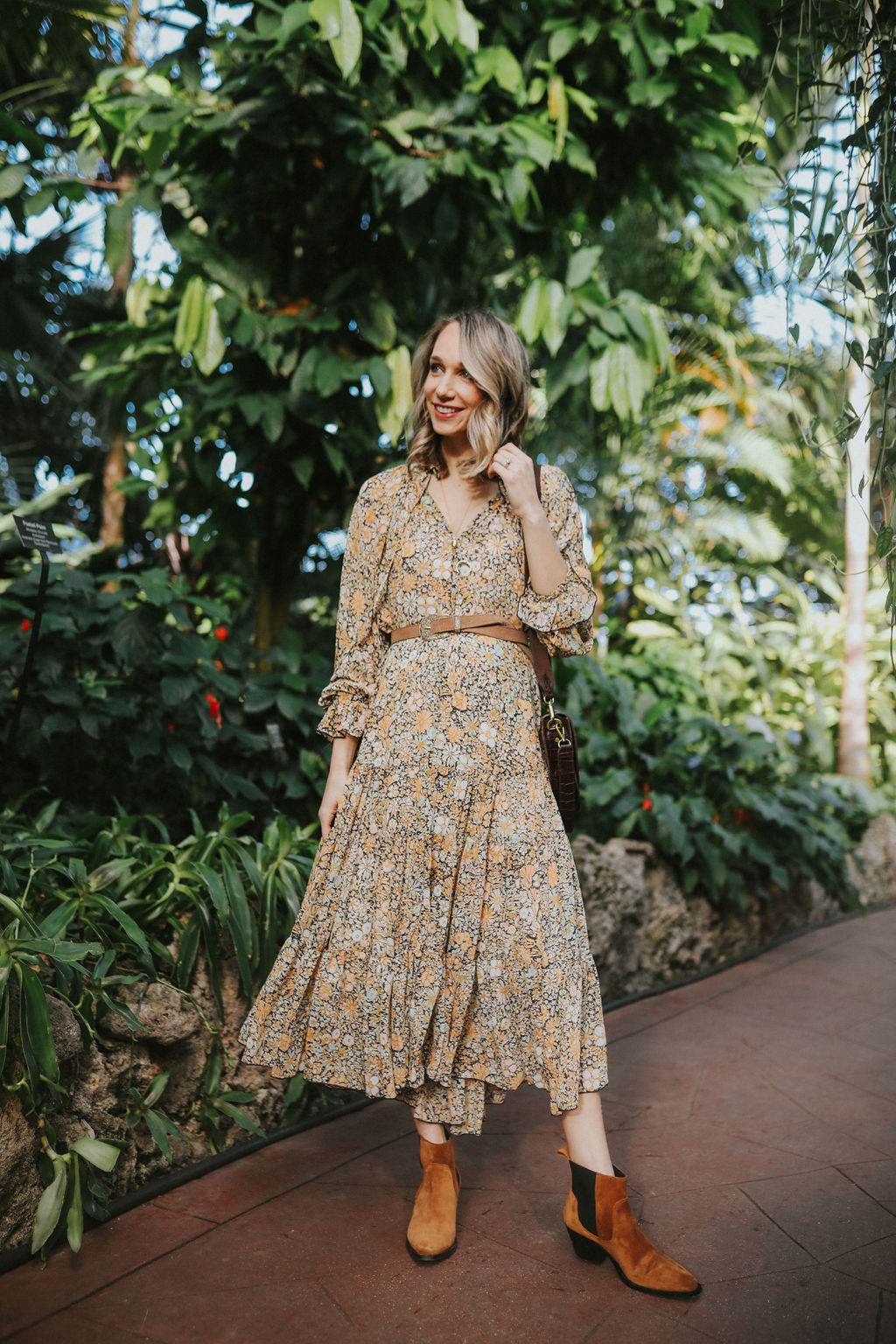

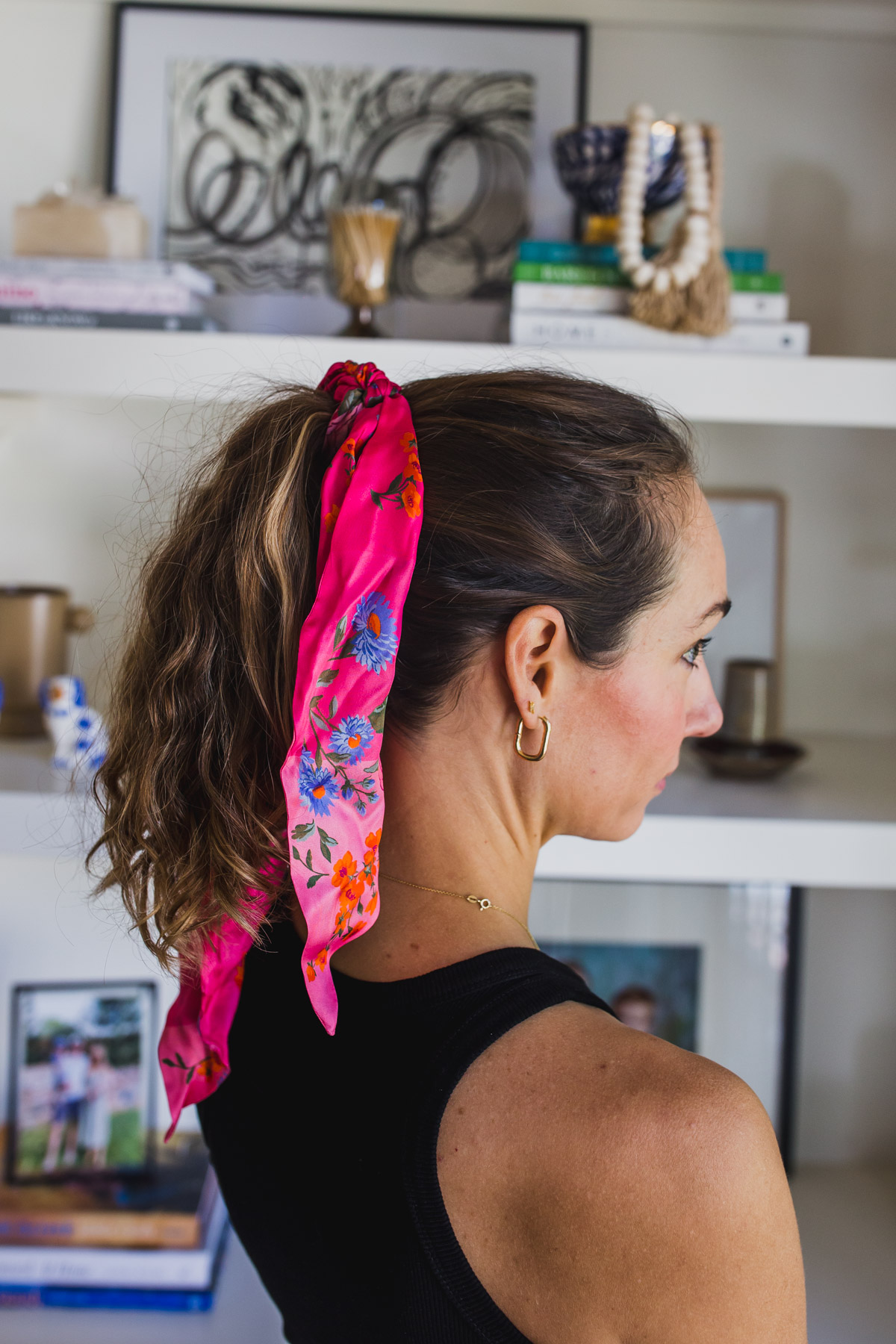
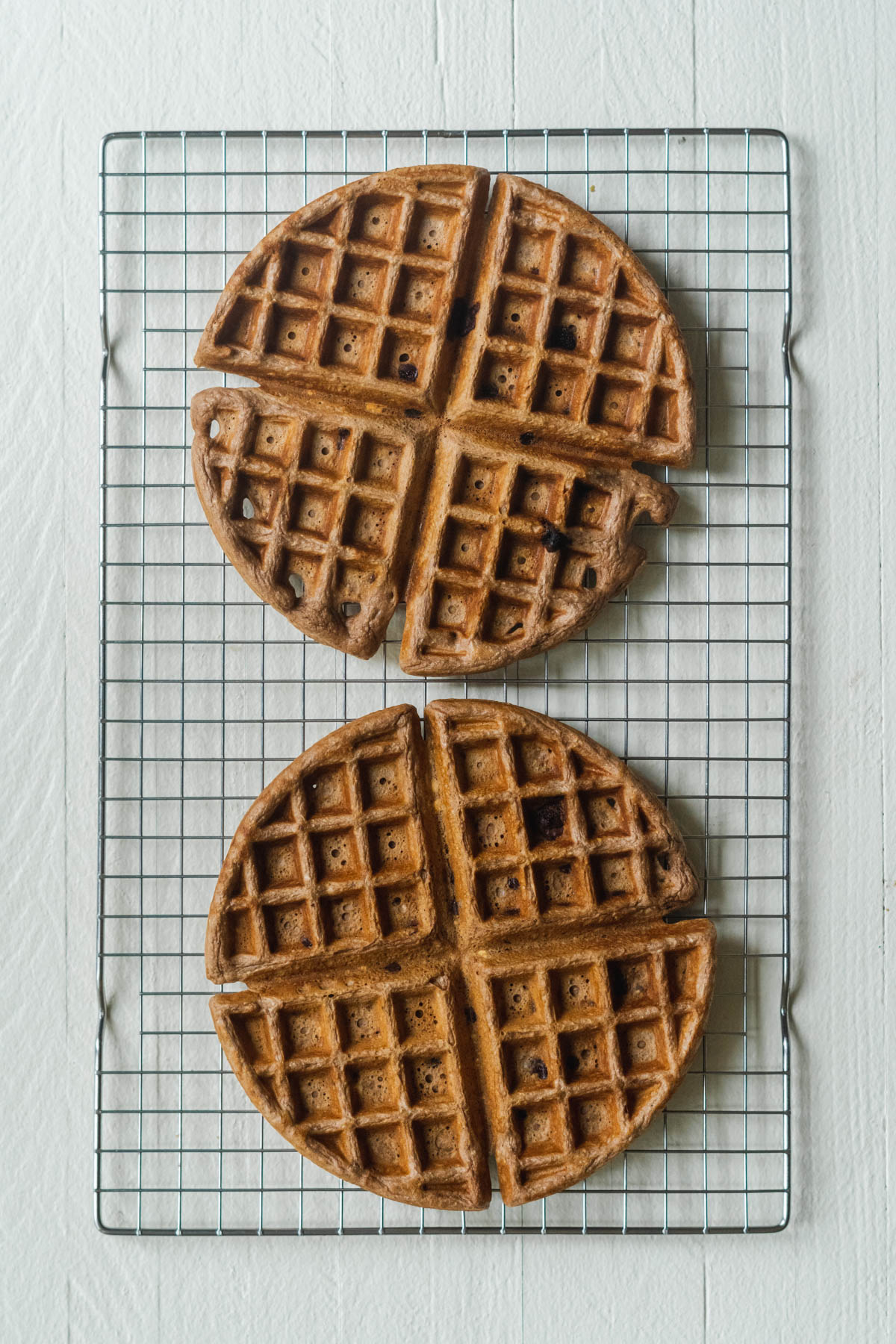
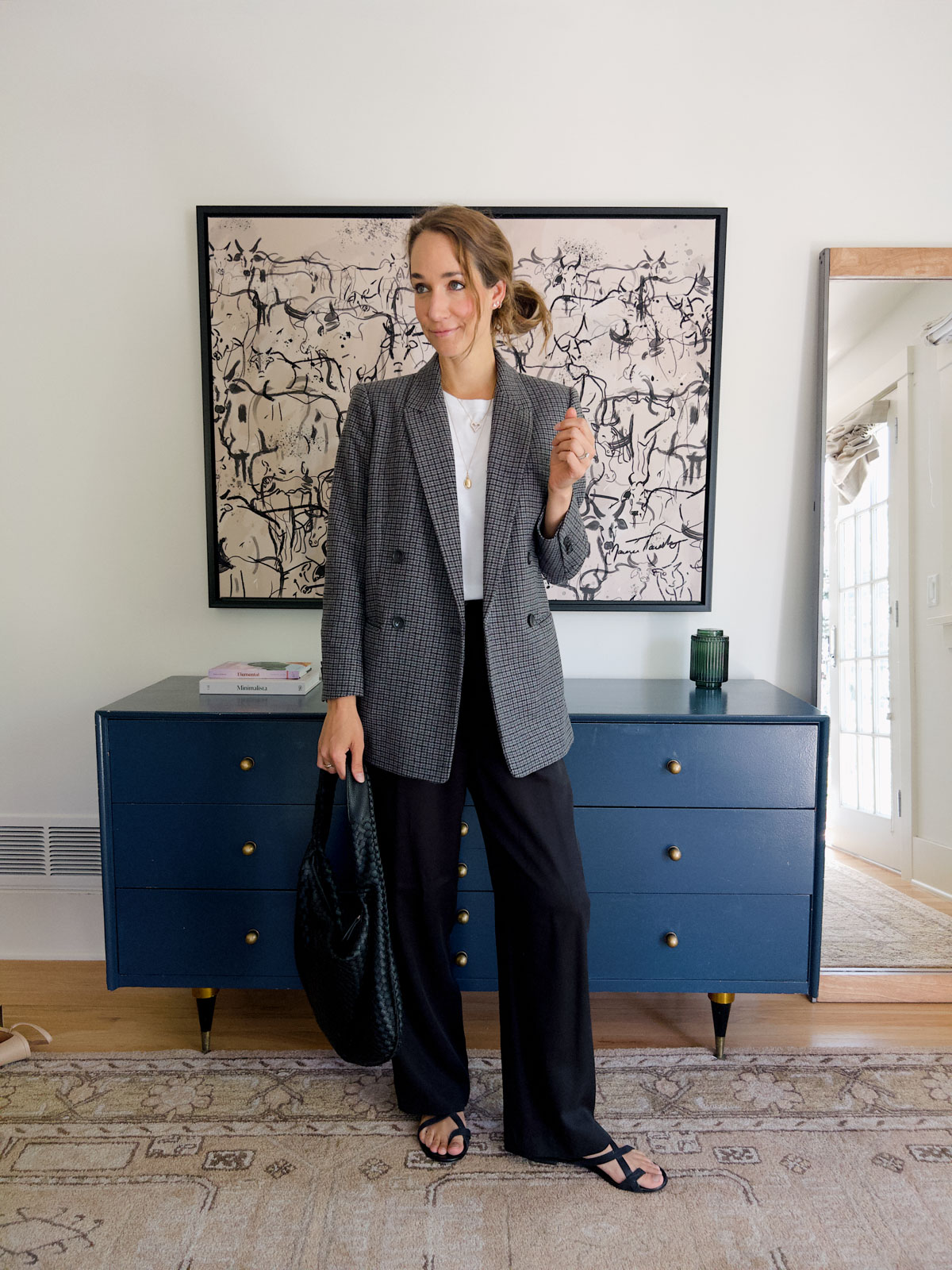



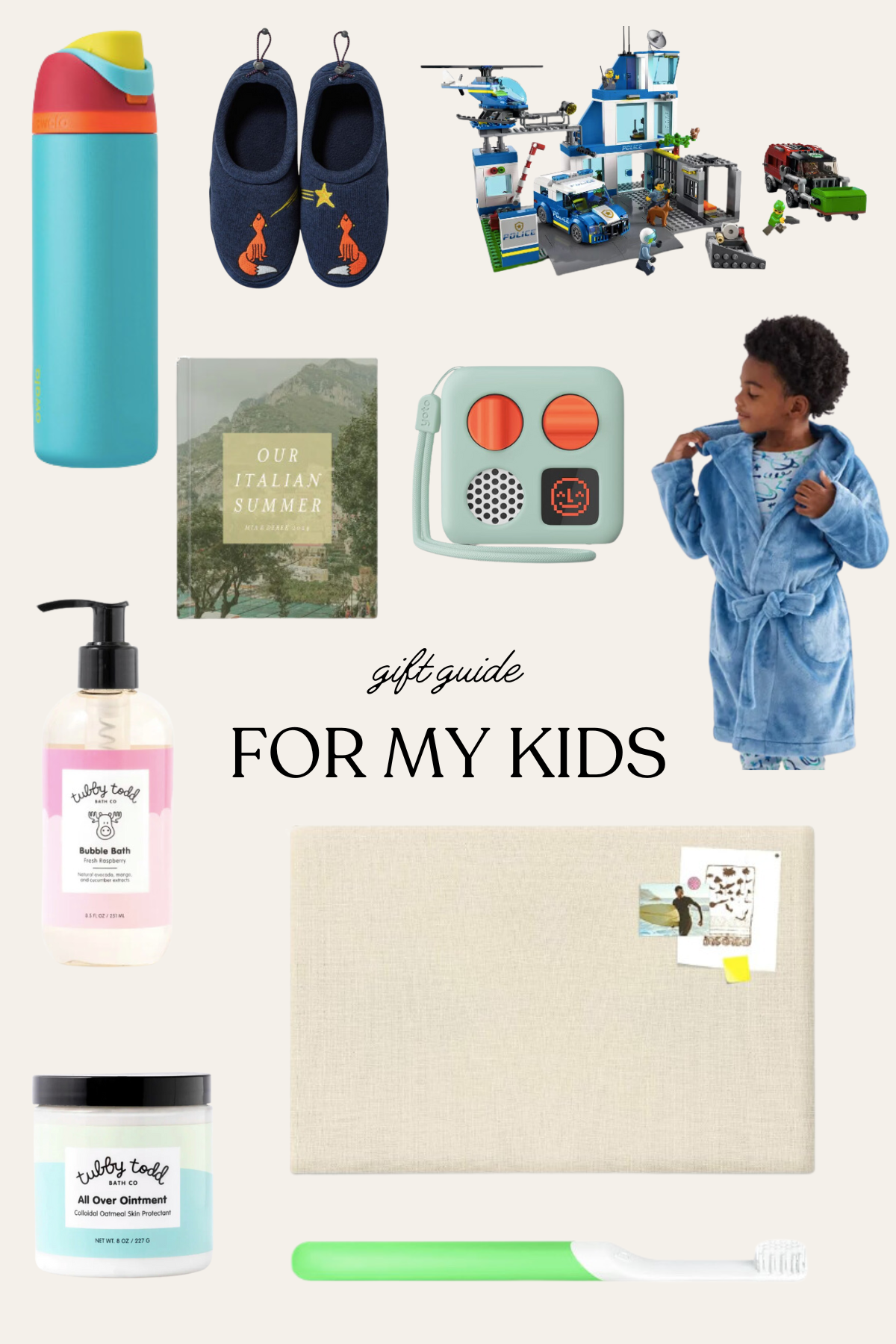
You must be logged in to post a comment.